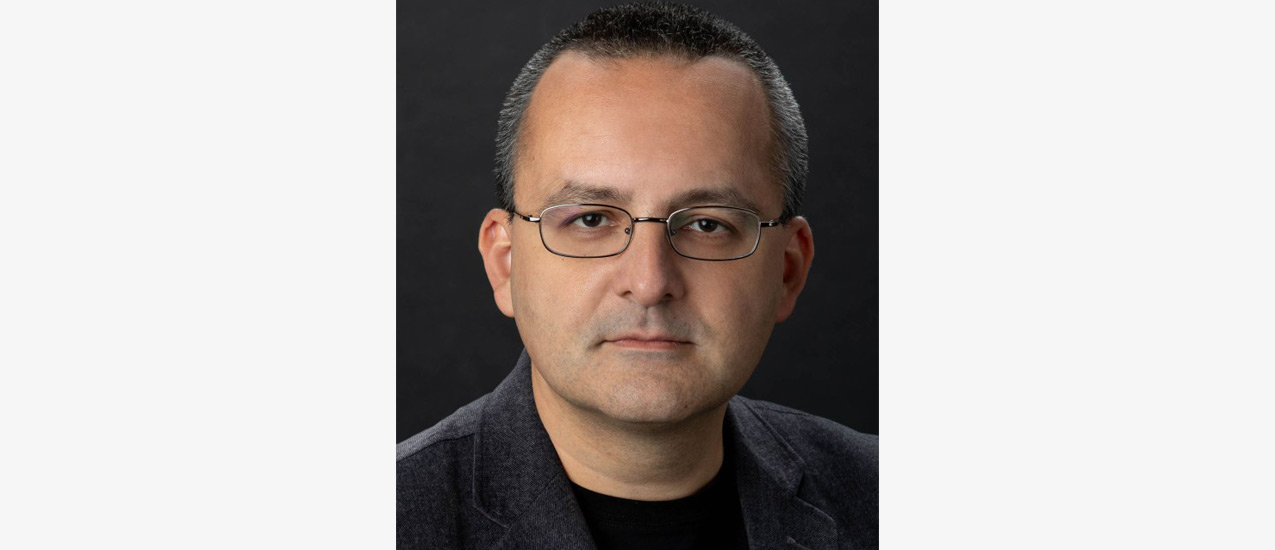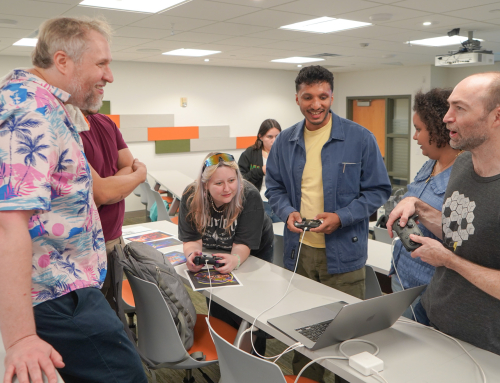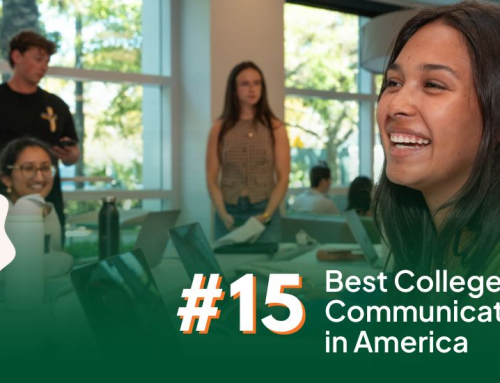By: Jabria Roscoe
Alberto Cairo, a world-renowned data journalist and associate professor, is the co-winner of a Sigma Journalism award for his work on the project Zones of Silence (ZOS). The project is a collaboration between Cairo, El Universal daily newspaper in Mexico, and the Google News Initiative.
“It’s great news because the Sigma awards are quite prestigious,” said Cairo. “I feel happy not just for the award, but because the project and the work are being recognized.”
The Sigma awards, formally known as the Data Journalism awards, is a new competition that recognizes the best data journalism from around the world. This year, a jury of 24 experts chose only 10 winners in six categories from a field of 510 project entries.
ZOS received the award for innovation for their unique data analysis.
“El Universal’s project was different because we used artificial intelligence to analyze what was happening in the news compared to what was going on in real life,” Cairo said.
El Universal, Google, and Cairo worked together to bring attention to the unreported homicides in Mexico.
“In certain parts of Mexico, there are huge gaps between homicides in official records versus the homicides that are reported in local media,” Cairo said.
Cairo worked as the art director and project manager for ZOS. He says it took him six months to complete the work, but he enjoyed the process and had fun working on the project.
“I had weekly online conversation with the people at Universal to discuss the visuals,” said Cairo. “It didn’t feel like a job because it was no stress and I had a lot of fun doing it.”
The ZOS project has bought awareness to the reporting issues that journalists are facing in Mexico.
“The project has been successful also in the sense that it’s a tool that journalists from all over Mexico and outside of Mexico can use for their own investigations,” said Cairo.
Due to the massive response to ZOS, El Universal has begun working on a new project to further investigate the patterns that lead to journalists being threatened.
“I can’t say much about the project because it is in the beginning stages,” said Cairo. “I can say that El Universal will continue to shed light on this very important issue.”
Throughout his career, Cairo has worked with big names such as Microsoft and Google. He has won several international awards for his contributions to data journalism. However, Cairo isn’t as interested in the accolades; he cares more about the impact his work has had on the world.
“I began my career as a graphics journalist, but then I developed an interest in numbers, graphics and statistics,” said Cairo. “I encourage students to get more invested in this type of journalism because it can be a very powerful tool.”







